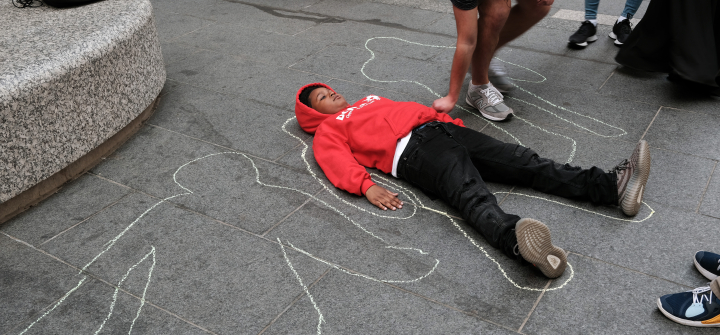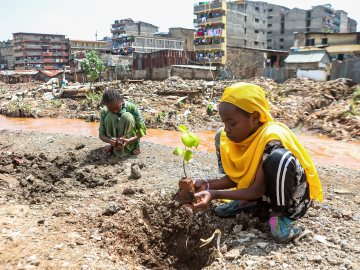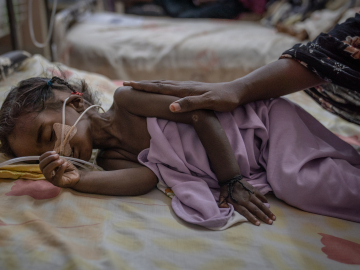It’s Time to Rethink How We Perceive Teens, says Philly Health Commissioner
Philadelphia Health Commissioner Cheryl Bettigole called on public health leaders and society at large yesterday to revisit their perceptions of American youth amid nationwide crises of overdose, gun violence, and youth mental health.
Speaking at the 5th annual Bloomberg American Health Summit yesterday in her city, Bettigole said adolescents face a web of intertwined health challenges as they grow into adulthood.
Adolescence is an “amazing moment of possibility” for public health professionals to help change the course of a child’s life by addressing systemic contributors to health disparities.
It’s also a moment when youth “sometimes switch” from being seen as vulnerable and in need of support amid systemic ills—like environmental impacts of racism and injustice—to being perceived “too often as individual bad actors who are responsible for their own problems through bad decisions.”
That’s a habit that needs to be broken, Bettigole said, urging public health leaders and the public to refocus on systemic issues behind adolescent behavior.
“Willpower does not differ by neighborhood,” she said. “The urge to pick up a gun has everything to do with the things around the teen and not the teen themselves.”
What surrounds Philadelphia’s teens? “Major risks” to their ability to thrive, she says, including.
Violence: Philadelphia—the poorest big city in America—saw 174 teens shot and 34 of them killed in 2021.
Lead poisoning: New data to be released in the coming weeks show a close link between elevated lead levels and violence, both victimhood and perpetration, at all income levels.
Asthma: More than 20% of Philadelphia’s children have asthma, and it’s the #1 cause of missed school days in the city. A lack of affordable and quality housing quality and high tobacco use are key contributors.
Bettigole also highlighted several things that are going right for the city’s young people, including:
- Free Pre-K for 3- and 4-year olds—entirely funded by the city’s soda tax
- A hospital-based violence intervention collaborative
- A decline in opioid-only deaths
- Lead-free or lead-safe certifications are required on all of the city’s apartment rentals—and 95% of rentals have been certified.
Of course, these issues—and successes—are not unique to Philadelphia.
CDC director Rochelle Walensky told the Summit that, on a national level, there’s an “urgent need to create a public health culture that… that puts health equity at the forefront of our actions.”
However, Walensky warned that antiquated data systems hinder the country’s ability to get a full picture of health issues—including those that affect young people most. For many key health issues—from firearm injuries to school health policies—the CDC only has the authority to aggregate data at the national and regional levels, not at state or local levels. “Without this authority, it’s a struggle to get full participation and the data needed to develop programs supporting the health and wellbeing of our students,” she said.
The latest Bloomberg American Health Summit aimed to “recharge the batteries of public health,” said Joshua Sharfstein, the Initiative’s director. It brought together public health practitioners, innovators, and policymakers from around the country who are working to address the nation’s most pressing health challenges including COVID-19, the overdose epidemic, adolescent mental health, and gun violence.
Local teenagers participate in a "Die In" to draw attention to gun violence in Philadelphia, Pennsylvania. April 14. Spencer Platt/Getty





